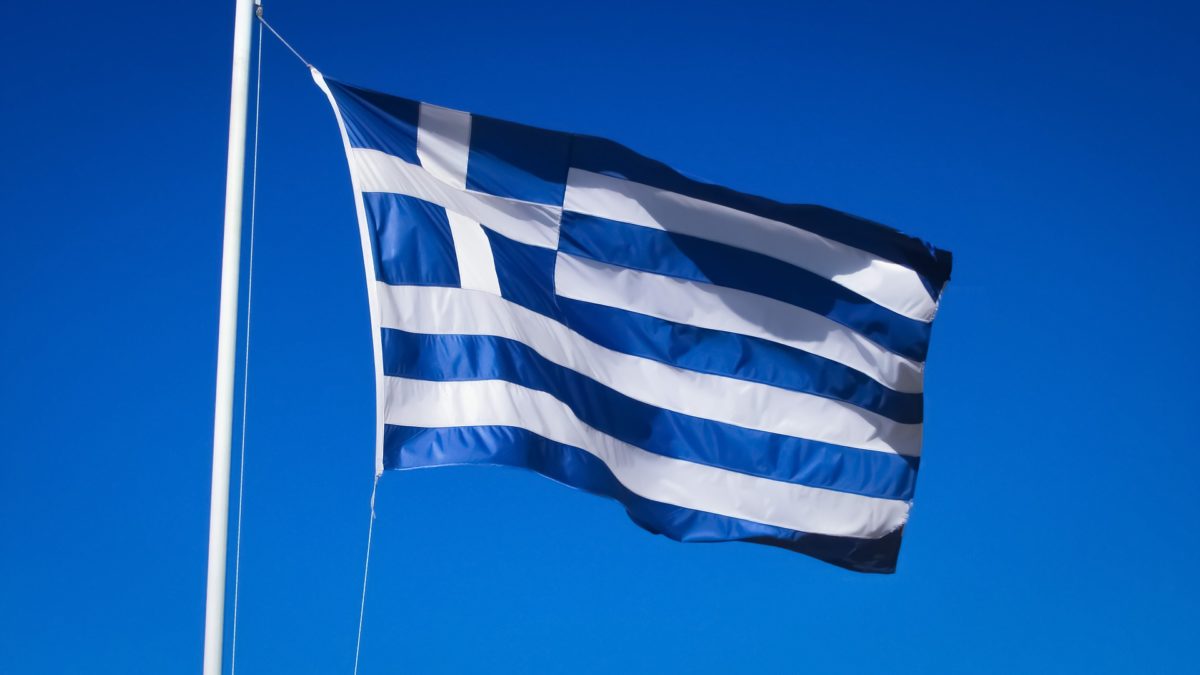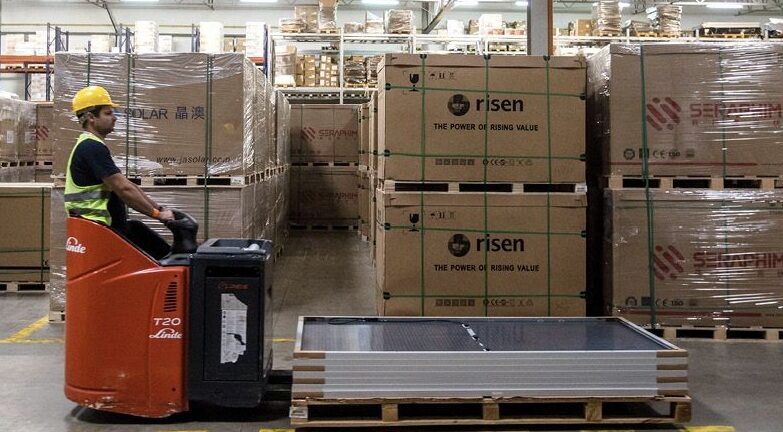Greece’s next renewable energy tender, on April 2, will include solar and wind power and will feature a €61.32/MWh (€0.06132/kWh) price ceiling.
Interested bidders have until February 25 to pre-qualify for the procurement exercise and must hold a generation license issued by energy regulator the RAE and a grid connection agreement. Bidders will also have to pay a €5,000 fee and submit acceptable financial letters of guarantee.
Competition requirements applied to the tenders mean bids for 700 MW of generation capacity must be received for the full 500 MW of projects to be allocated. If the tender is less than 40% oversubscribed, the amount of new projects awarded will be reduced proportionately.
Projects definition
The tender will be open to solar facilities with a generation capacity of at least 20 MW, which can be aggregated from project groups as long as they contain at least two solar farms and connect to the grid via a single substation. Clusters of joint PV and wind projects using a single substation can also bid provided they have a total capacity larger than 50 MW.
For wind projects the minimum capacity is 50 MW, which can also be aggregated from smaller projects through one substation and the procurement round is also open to PV and wind projects previously granted ‘strategic investment’ status by the government.
The first such PV-wind capacity tender, held in April, attracted the nation’s cheapest clean energy electricity price – €0.053/kWh for a 60 MW solar farm developed by French state-owned utility EDF.
Greece’s new business landscape
Dionysios Papachristou, coordinator of RAE’s renewable energies auction team and director of the regulator’s press and public relations office, told pv magazine Greece’s renewable energy tenders have been successful in many ways.
Papachristou said the transparent auction regime had steadily driven down the cost of clean energy since a pilot tender in December 2016 and had fostered a market-driven energy business culture in Greece.
The regulator holds regular events to help inform energy investors. “We try to be open, communicate the competitive character of the tender regime and reach down to investors with specific-themed seminars,” said Papachristou. “This is an entirely new reality.”
The regulator has come in for heavy criticism because of a huge backlog in processing the generation license applications required by renewables developers to be eligible to compete in national capacity auctions.
Papachristou said that was chiefly down to lack of staff in an organization dealing with successive waves of regulatory reform and a huge number of license applications.
The pro-business government of Kyriakos Mitsotakis which was elected last year announced last month a new digital licensing regime will be adopted which will ease the responsibility of the RAE to laboriously process applications.
The new system will be ushered in as part of the government’s aim to add 5 GW of solar generation capacity by 2030.
This content is protected by copyright and may not be reused. If you want to cooperate with us and would like to reuse some of our content, please contact: editors@pv-magazine.com.



Greece has a lot of sunshine and could become an exporter of electricity if they took advantage of the potential.
5.3 cent/kWh are already quite cheap!